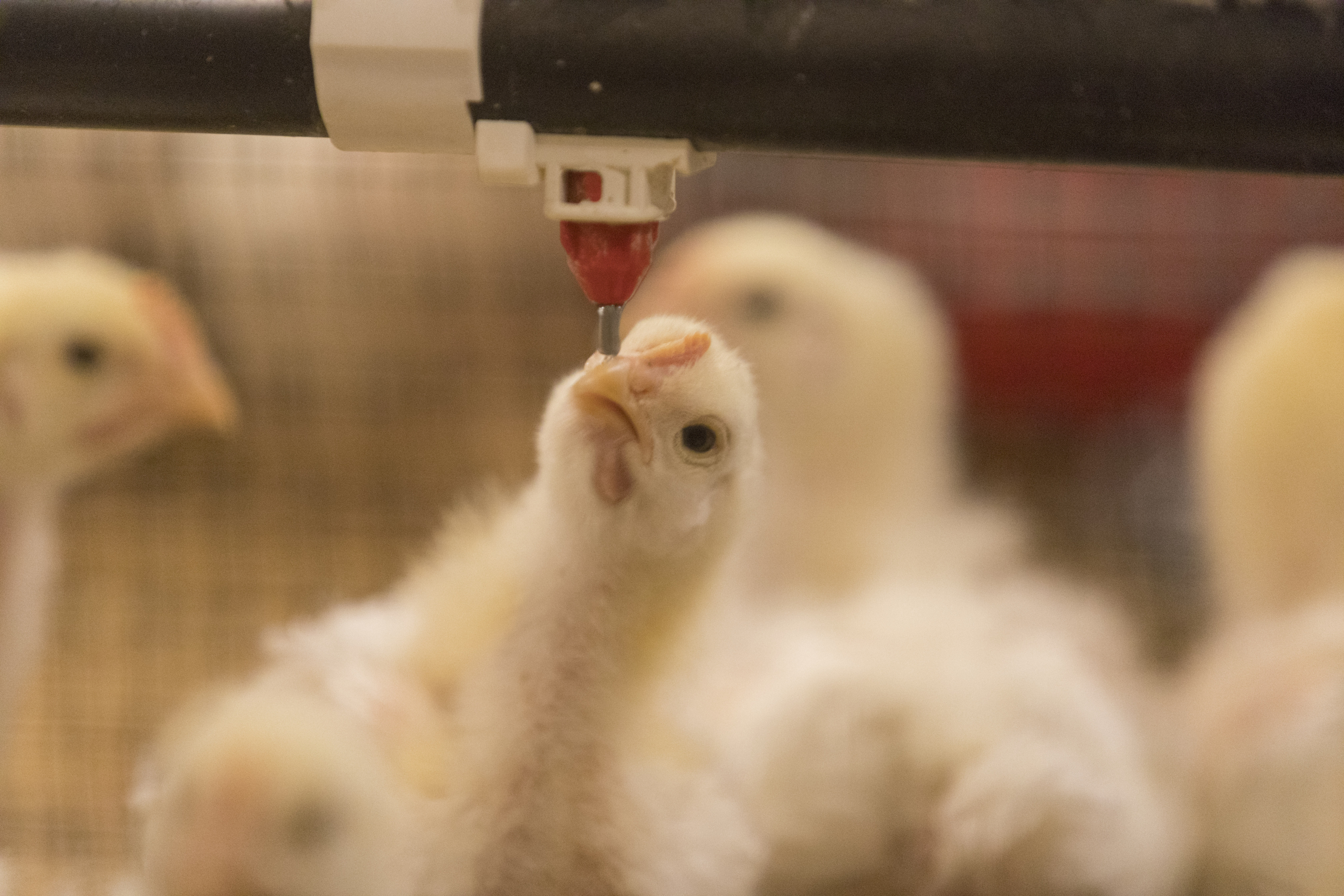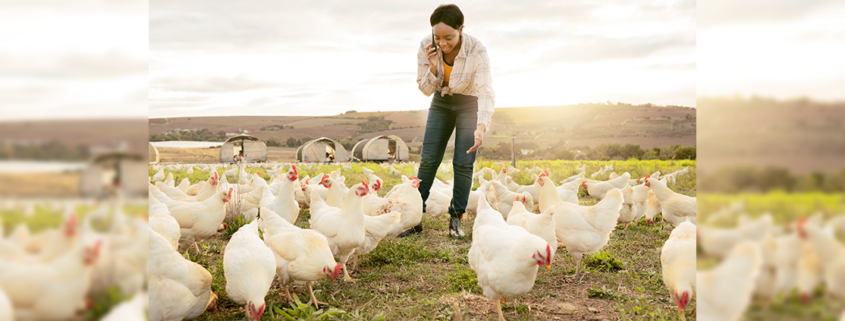Poultry health is top priority for UGA-Merck partnership
Home to Gainesville, the “Poultry Capital of the World,” the state of Georgia places a premium on the health of its commercial poultry population. That is no more evident than through the prolific partnership between Georgia’s flagship land-grant university and a global leader in pharmaceuticals, Merck Animal Health.
“The University of Georgia is proud to partner with Merck Animal Health,” said Allison Chesnutt, senior director of development at UGA. “We look forward to continuing our partnership to advance faculty research and to create opportunities for students.”
UGA students and faculty are not the only ones who benefit from the collaboration of these institutions. Merck also gains valuable insights and renown through the university’s presence and reputation throughout the state.
“Merck’s mission has always been to offer products and services that improve lives and businesses,” said Dr. Scott Nordstrom, director of development and innovation at Merck Animal Health. “UGA was a natural partner for us because of its commitment to service and research as well as its incredible faculty and student body.”
The partnership originated with UGA’s most valuable resource: its alumni. Many who earned advanced degrees from the UGA College of Veterinary Medicine cultivated personal and working relationships between their alma mater and Merck all in an effort to serve stakeholders, students, and the public.
“Students participate very closely in the research and get training in an area that doesn’t have very many opportunities outside of institutions like Merck and UGA,” said Holly Sellers (MS ’93, PHD ’98), professor in the Poultry Diagnostic and Research Center.
Sellers, who was honored as UGA’s 2019 Inventor of the Year, is one of the researchers who regularly collaborates with Merck through the partnership. Through clinical cases, she researches and diagnoses viruses and other diseases that affect commercial poultry, like chicken and turkey.

Chickens at UGA’s Poultry Science Center.
Those diseases – like avian influenza – may endanger populations of poultry, and in a time where commercial poultry largely dominates the meat consumption conversation in the United States, the health and safety of the poultry in question is of paramount importance.
PDRC is a unit within the College of Veterinary Medicine’s Department of Population Health and faculty in the unit are involved in research, teaching and service through services provided by the PDRC diagnostic lab. Researchers at PDRC work closely with Merck’s technical support veterinarians in the field for this critical diagnostic work. Once data is received and analyzed, PDRC and Merck work in tandem to determine vaccine viability and the impact on commercial poultry populations. Once a vaccine is determined viable and necessary, the project then shifts into development and patents.
“The research we do improves the health and safety of poultry, which in turn contributes significantly to feeding the world’s population,” Sellers said. “Whether we are developing vaccines that can prevent or reduce diseases or improving methods for applying vaccination, healthier birds contribute significantly to safe, affordable protein.”
Because students are able to see and participate in the entirety of the vaccine process, Sellers says the partnership highlights the very best of experiential learning opportunities at UGA. “They see the research side, of course, but then they also see how governmental regulatory bodies use our research and the vaccines that Merck produces from that research to then go through the process of getting that vaccine approved and licensed for sale,” she said.
The partnership between Merck and UGA allows Sellers to not only teach her students, but also to serve the public and various stakeholders around the state. “Poultry is the number one industry in the state of Georgia, so students in PDRC are able to learn skills and produce research that also helps feed the world,” she says.
The partnership between the two institutions cultivates a culture of collaboration and enables them to produce game-changing solutions for people around the globe.




